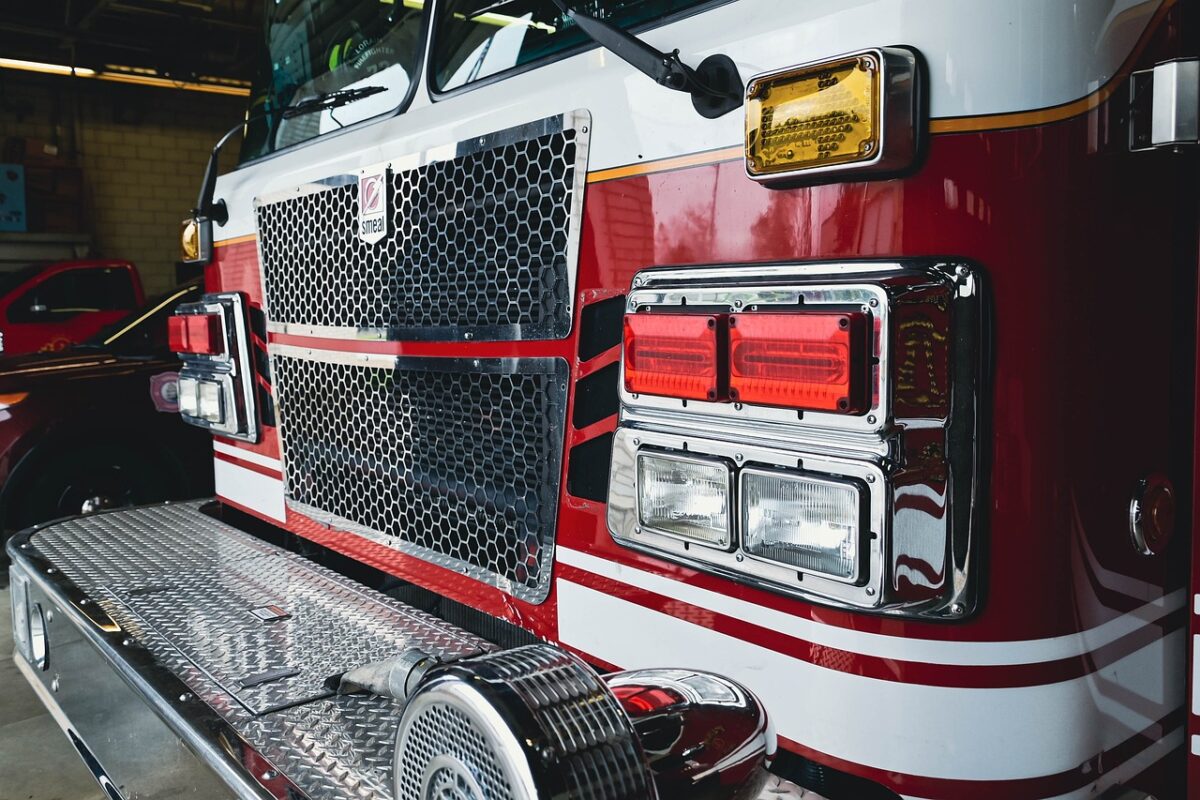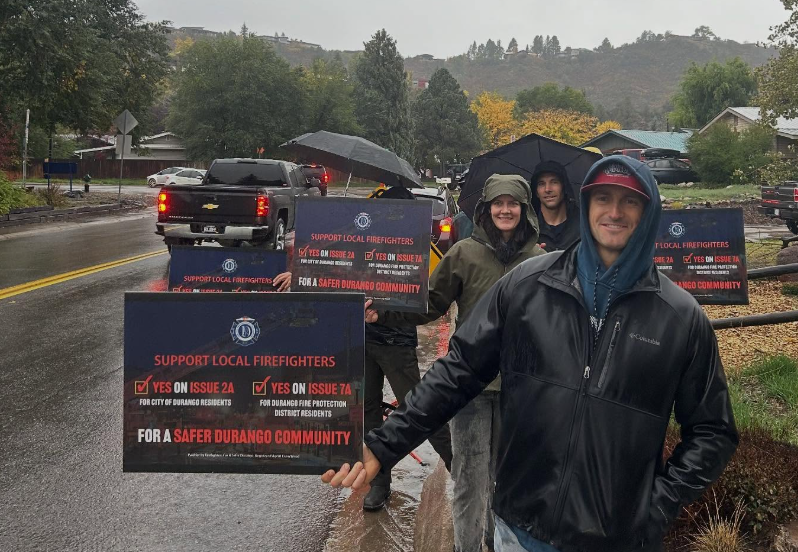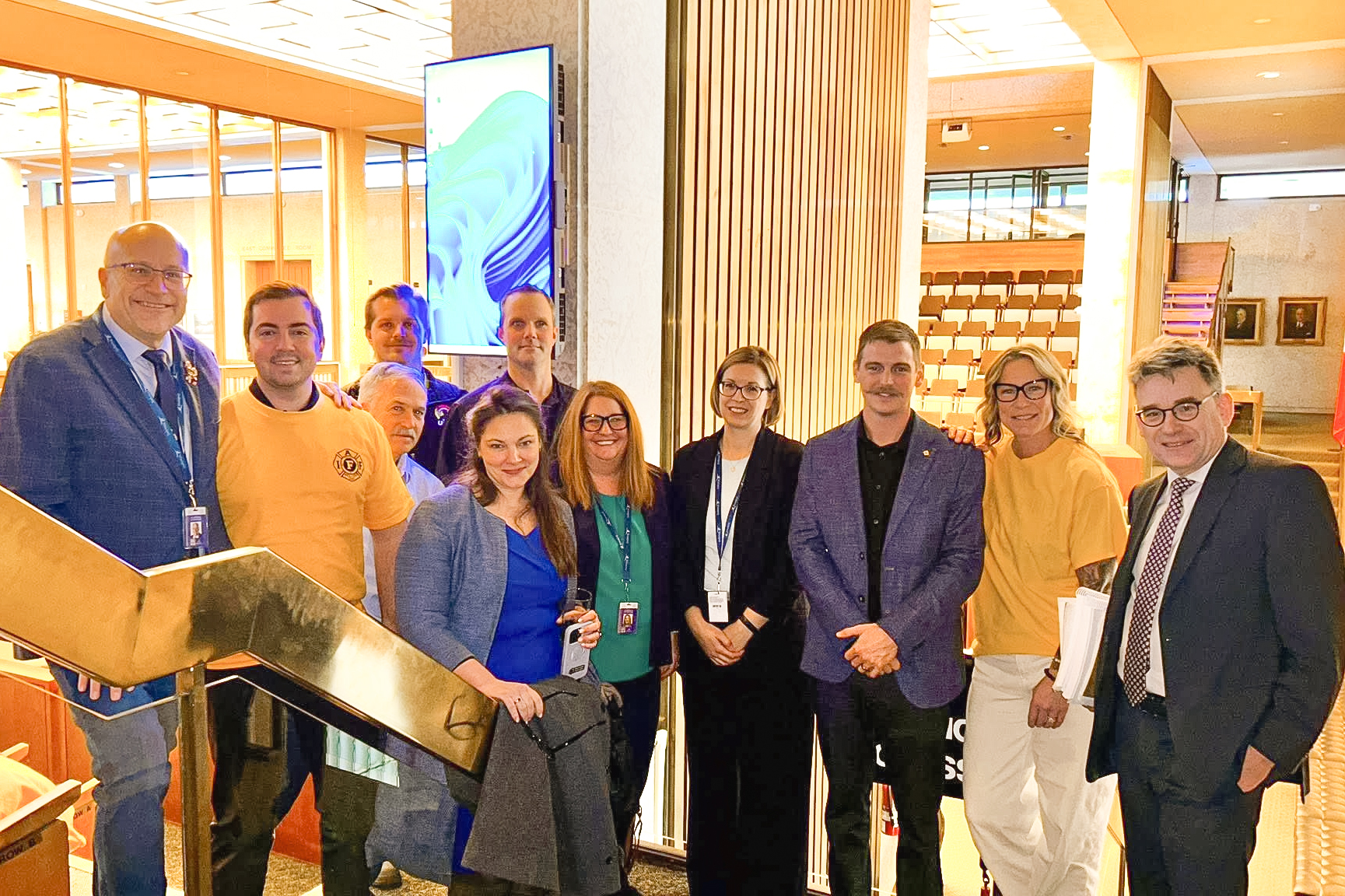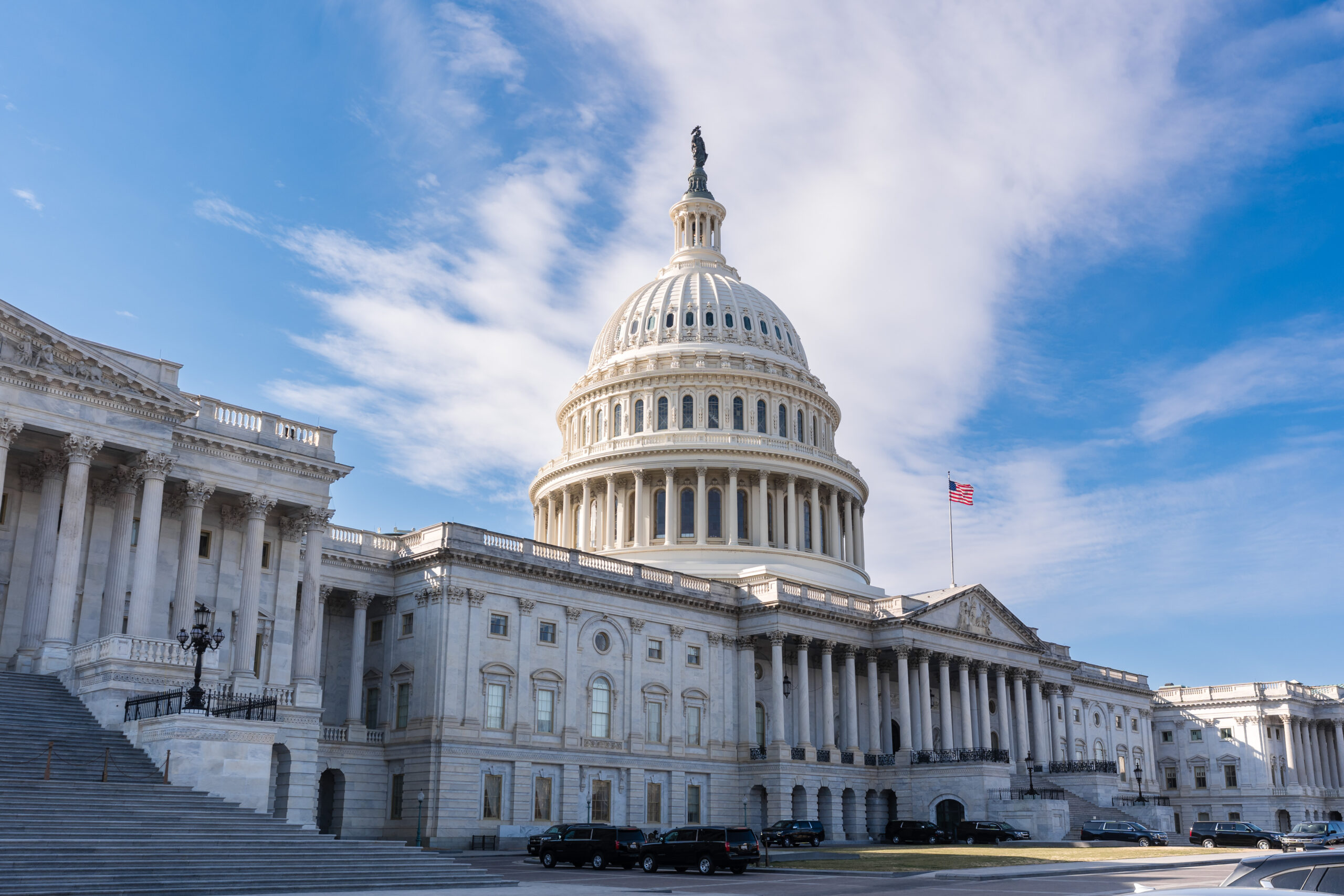The apparatus crisis is straining communities across the United States – and putting fire fighters’ safety on the line.
Over the last decade, three manufacturers – REV Group, Rosenbauer, and Oshkosh (parent company of Pierce) – have consolidated the fire apparatus market, now controlling more than 70% of U.S. production.
As a result, prices for engines and ladder trucks have doubled, and delivery times now average two to four years, forcing fire fighters to rely on outdated, unreliable equipment and creating significant challenges for cities.
For fire fighters on the ground, these delays aren’t just frustrating – they’re potentially deadly.
“We’ve had engines go out on calls with faulty brakes and had to crash them into buildings to stop them. We had a crew whose truck broke down and there were no spares available, so our members were just sitting in the firehouse for days with nothing to do,” said Chicago, IL Local 2 President Patrick Cleary. “We had a tower ladder stop working during a call and were forced to waste valuable time resetting it. Four people died at that fire.”
“It’s a huge problem, and it’s threatening the safety of the public and our fire fighters.”
It’s gotten really bad over the last three years. The spare rigs we’re being forced to use are older than a lot of the members we have operating them.
Chicago, IL Local 2 President Patrick Cleary
Chicago has one of the oldest fire fleets of any major city in the U.S. Replacing it has only become more challenging since manufacturers consolidated.
“It’s gotten really bad over the last three years,” said Cleary. “The spare rigs we’re being forced to use are older than a lot of the members we have operating them. It’s pretty frustrating – and incredibly dangerous.”
And the problem doesn’t stop at big cities. Fire fighters in Las Cruces, New Mexico – a community of just over 100,000 – are facing the same challenges.
“Our vehicles are so old at this point that you’re not even able to order new parts for a lot of them,” Las Cruces, NM Local 2362 President Chris Johnson said.
While they faced apparatus challenges for years, Johnson says they’ve gotten significantly worse since the COVID pandemic.
“Our leaders – both in the department and with the city – have the funds to upgrade our fleet and want to do so. But we can’t get anything delivered because of the delays,” said Johnson. “We had to cancel an order we placed in 2021 because our fleet was in such bad shape, and we couldn’t afford to wait three years to get the new engine delivered.”
The apparatus crisis has also had a major impact on how the city of Las Cruces allocates funding.
“The city council has been forced to totally rewrite its budget process to account for the long delivery delays, and they’re now having to project funding three to four years out,” said Johnson.
“While the current council is supportive, who knows if the council that’s in power three or four years from now will have the same mindset. It’s unsettling for a lot of us, especially given the status of our fleet.”
Chicago and Las Cruces aren’t alone. Thousands of municipalities across the U.S. and Canada have struggled to navigate the rising costs of fire apparatus, and their increased delivery delays.
The previous procurement process just doesn’t work anymore. We’re now planning our new orders five to 10 years out. It’s the only way to account for the delays.
Las Cruces, NM Local 2362 President Chris Johnson
But Johnson and Cleary both agreed that under the current circumstances, departments should be ordering their apparatus as early as possible.
“The previous procurement process just doesn’t work anymore,” said Johnson. “We’re now planning our new orders five to 10 years out. It’s the only way to account for the delays.”
The IAFF is fighting to ensure manufacturers are held accountable for their anti-competitive practices.
Last month, General President Edward Kelly testified before the U.S. Senate, warning that industry consolidation is endangering fire fighters and the communities they serve.
“The data compiled by the IAFF and others leads one to conclude that these market conditions were planned and executed by corporate interests that do not share our collective goal of public safety,” Kelly told senators.
The issue has raised bipartisan concerns on Capitol Hill. During the hearing, Senators Josh Hawley (R-MO), who invited Kelly to testify, and Elizabeth Warren (D-MA) called on Congress and the federal government to increase its oversight of the industry. Warren and Sen. Jim Banks (R-IN) have also launched an investigation into private equity’s role in the crisis.
Earlier this year, the IAFF sent a joint letter with the American Economic Liberties Project (AELP) to the Department of Justice (DOJ) and Federal Trade Commission (FTC), calling on both agencies to open formal investigations into the consolidation of the fire apparatus industry.
IAFF affiliates who have been impacted by apparatus delays and price increases can share their story at iaff.org/apparatus-form.



